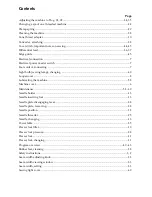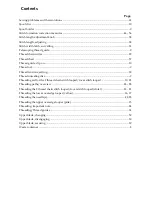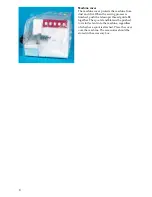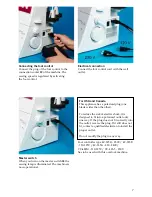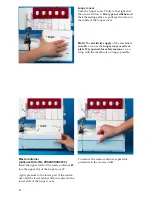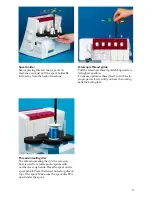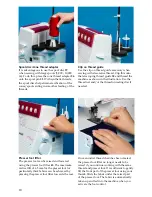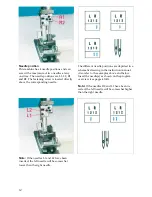Reviews:
No comments
Related manuals for Coverstyle
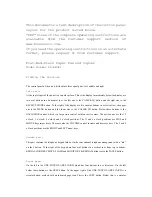
KX-FB421
Brand: Panasonic Pages: 2

Panafax DX-800
Brand: Panasonic Pages: 256

KXFG2451 - B/W Thermal Transfer
Brand: Panasonic Pages: 20

UF 8200 - Panafax - Multifunction
Brand: Panasonic Pages: 6

KX-FPC165
Brand: Panasonic Pages: 2

KX-FP300E
Brand: Panasonic Pages: 150

KX-FM220
Brand: Panasonic Pages: 112

KX-FLM661
Brand: Panasonic Pages: 12

KX-FL521 - B/W Laser - Fax
Brand: Panasonic Pages: 2

KX-FL501
Brand: Panasonic Pages: 50

KX-FHD301
Brand: Panasonic Pages: 2

KX-F750
Brand: Panasonic Pages: 84

KX-FHD351
Brand: Panasonic Pages: 104

KX-FLB881E
Brand: Panasonic Pages: 24

FS900
Brand: Baroness Pages: 163
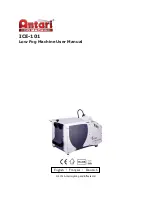
ICE-101
Brand: Antari Pages: 10

S-7330
Brand: Janome Pages: 38

BINDPRO
Brand: National Flooring Equipment Pages: 36

